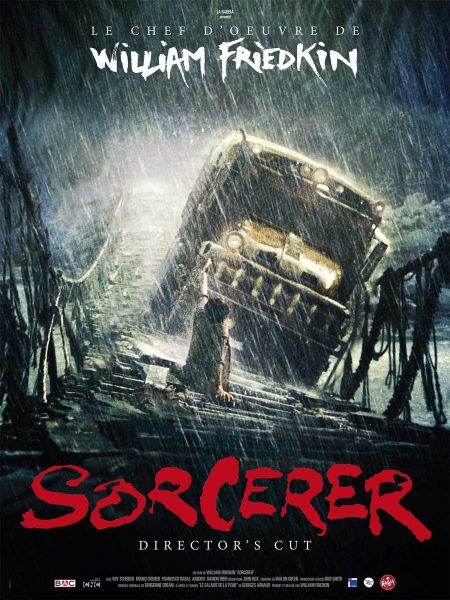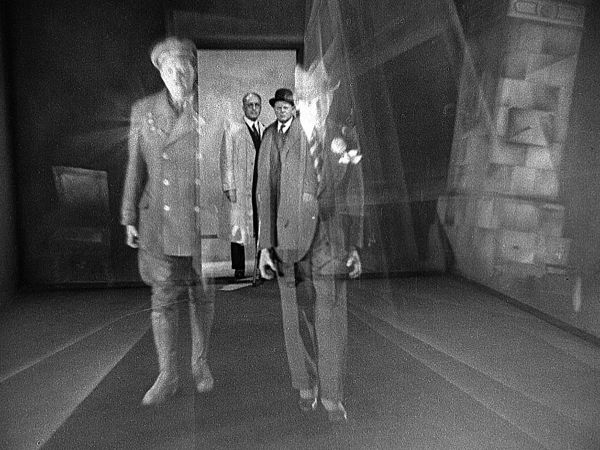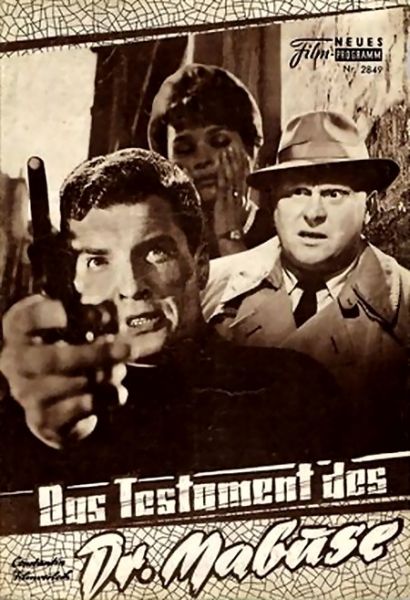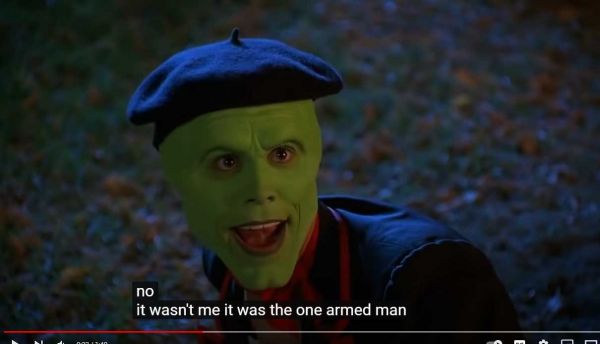The Manchurian Candidate, part II
What Movie Remakes Can Tell Us
Remaking older movies is nothing new. No sooner had the movie industry taken hold in the early 20th-century, producers and directors wanted remakes of existing movies. For detailed information about the business of remakes, consult Wikipedia's article. It actually runs in two parts, because so many movies have undergone remakes—A-M and N-Z. Examples include Seventh Heaven—made first in 1927, then again in 1937, and Back Street—made first in 1932, then again in 1941.
Sometimes, the first film makes so much money, another director decides to cash in on its success, and remakes it; or a director in another country produces a film, and an American director adapts it for an American audience. That happened in the case of Breathless, filmed in 1960 with the three "Jeans," Jean Seberg and Jean-Paul Belmondo, and directed by Jean-Luc Godard, and filmed again in 1983 with Richard Gere and Valerie Zabriskie.
More recently, the remakes present political themes that contrast with the themes of the originals.
In the original Manchurian Candidate, for example, released in 1962 with Frank Sinatra and Janet Leigh, the film exploited American fears about domination by the Soviet Union, amidst believable plot twists.
The 2004 version, starring Denzel Washington and Meryl Streep and directed by Jonathan Demme,
is not a remake in the strict sense of the word. Demme trades on the name-value of the novel and the 1962 movie to tell a completely different story, that could not have captured an audience on its own merits.
Wikipedia explains the plot:
By 2008, the U.S. Has become dominated by xenophobia, de facto martial law, environmental
degradation, and increasing corporate control. She is a famous U.S. Congressman. His ruthless
mother, Virginian Senator Eleanor Prentiss Shaw, uses her influence to secure his nomination as
a vice-presidential candidate. . . .
Marco confronts Raymond at campaign headquarters, wrestles him down, and bites into his back,
subsequently removing a . . . nanotechnological experiment connected with Manchurian Global,
a powerful private-equity firm with major political connections.
The second remake concerns the original TV series The Fugitive from 1963, which succeeds as a straighforward crime-drama—the efforts of Dr. Richard Kimble (David Jannsen) to prove himself innocent of his wife's murder, and to find the real murderer, a one-armed man. Each episode starts with the fugitive following up on new leads.
The Fugitive movie from 1993, starring Tommy Lee Jones and Harrison Ford, dispenses with the details of the crime drama and centers on corporate greed, more or less like the 2004 Manchurian Candidate. Once again, The Fugitive borrows the fame of an established TV series to promote its own story. I mean, film director Andrew Davis should have given it a different title. The only thing the two films have in common is the one-armed man.
Here's how Wikipedia's article describes the movie:
Kimble breaks into the residence of Fredrick Sykes (and) recognizes him as his wife's murderer.
Sykes, a former police-officder, handles security for Devlin-MacGregor, a pharmaceutical firm
that is releasing a new drug called Provasic. Kimble had previously analyzed the drug's test
samples and discovered it caused liver damage. . . .
Kimble deduces that Dr. Nichols who led the drug's development, and has just become a board-
member for Devlin-MacGregor, arranged a cover-up by falsifying the findings to get FDA
approved. Nichols arranged to kill Kimble in a staged robbery. . . .
At the conference, Kimble publicly confronts Nichols about the drug conspiracy and the murders,
which results in a fight that spills on the roof.
I speak German and am familiar with the details of the Nazi propaganda campaigns against Jews—the Jews as corrupt bankers and businessmen, swindling the poor and single-moms out of their life- saving, and raking in lots of money.
I have also studied the Soviet Union's own propaganda campaign, and it proves again that imitation is the sincerest form of flattery, showing the Jews as capitalists, war-profiteers and well- poisoners. Sadly, the Left in this country shows its flattery of the Nazis, as well.
That America's Left imitates the two bloodiest regimes in human history unsettles me; so what does the Left want to do? Discredit private wealth and power? Empower the government instead, as the Soviets and Nazis did? Nationalize Big-Pharma and the other criminal private entities? That's what it sounds like; and I don't like it one bit. The government is powerful enough.





